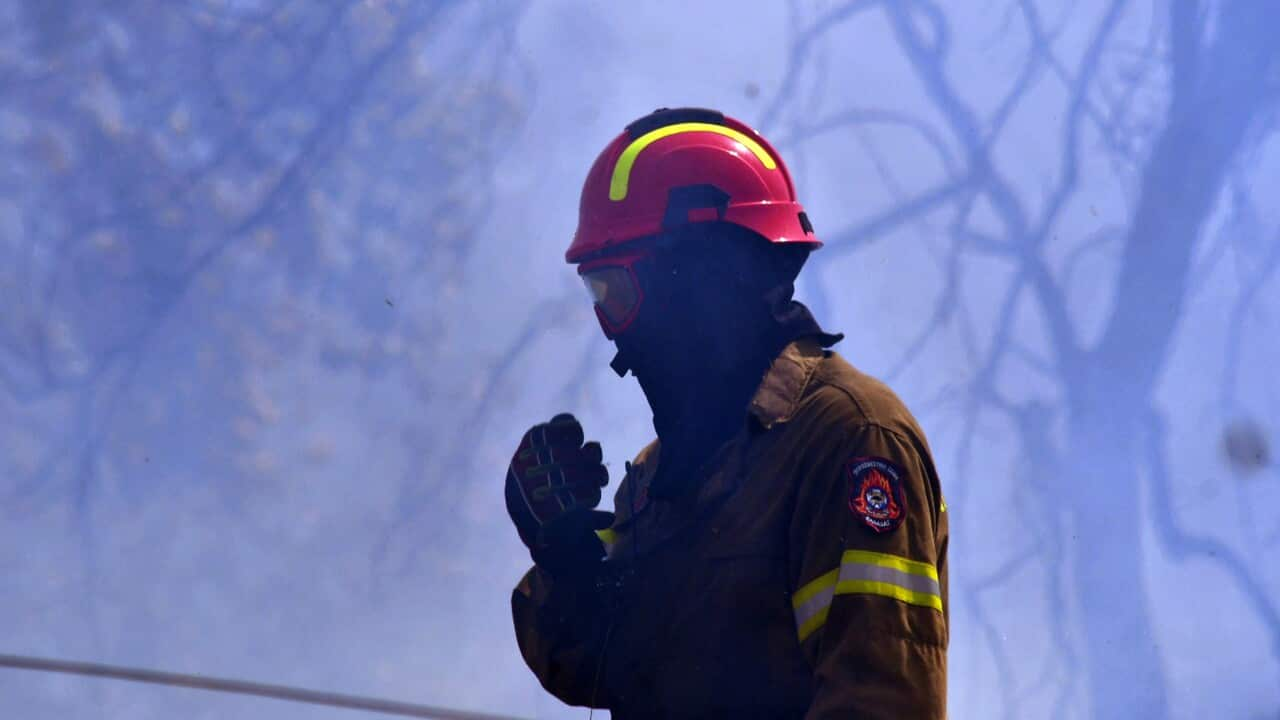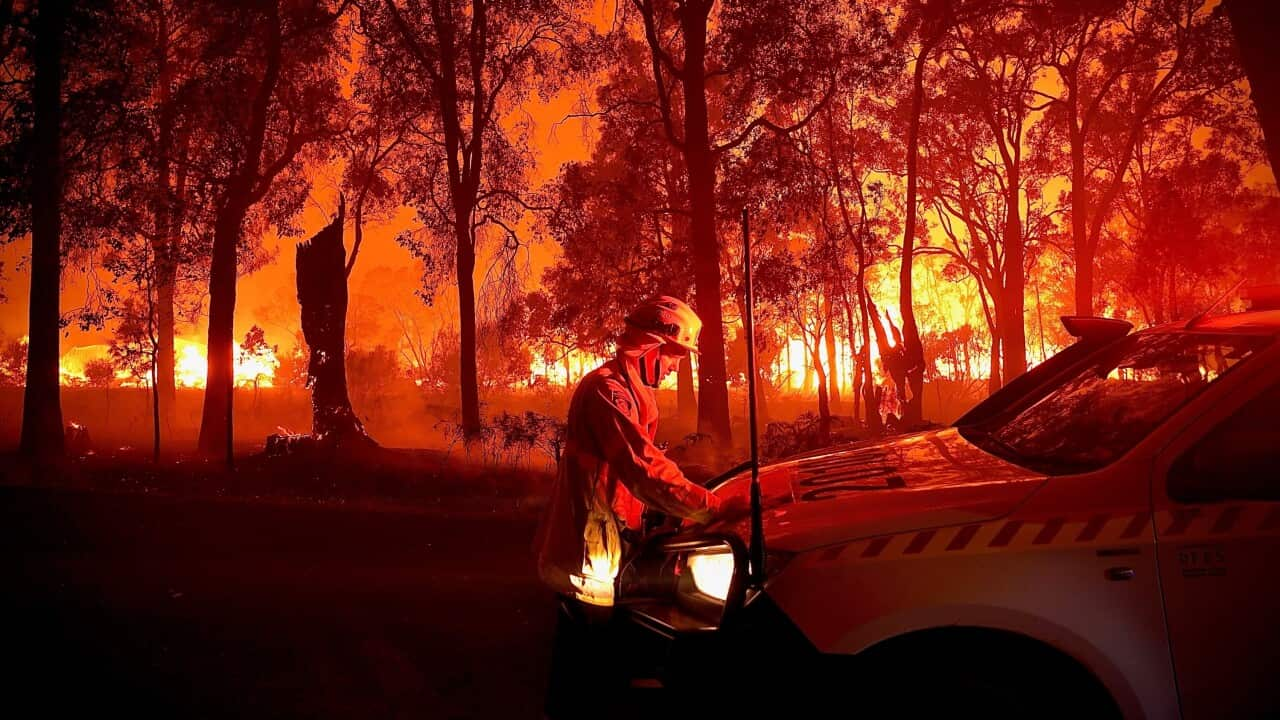Key Points
- A wildfire has raged on the Greek island of Rhodes since Tuesday last week.
- 19,000 people - both tourists and island residents - have been moved from their homes and hotels.
- Hotter, drier and windy summers in recent years have brought more fires to Greece.
Tour operators began flying home holidaymakers on Monday as wildfires raged on the Greek island of Rhodes, with officials saying the threat of further fires was high in almost every region of the country.
Fires burning since Tuesday on Rhodes forced the evacuation of 19,000 people over the weekend as an inferno reached coastal resorts on the island's southeast. A wildfire also forced evacuations from the island of Corfu, with a Greek police spokesperson calling it "the biggest fire evacuation ever in Greece".
Rhodes and Corfu are among Greece's top destinations for tourists mainly from Britain and Germany.
"We are in the seventh day of the fire and it hasn't been controlled," Rhodes Deputy Mayor Konstantinos Taraslias told state broadcaster ERT.

Fires burning since Tuesday on Rhodes have forced the evacuation of 19,000 people. Source: AP / Lefteris Damianidis
Repatriation flights are underway
Tourists spent the night on the airport floor, waiting for repatriation flights, the first of which came overnight.
Holiday company TUI's UK and Ireland arm TUI1n.DE said it flew three plane loads of passengers back to Britain from Rhodes and had plans to get everyone affected back as soon as possible.
"It was quite a bit of a struggle on the beach with the smoke," said John Hope, a tourist from Manchester, England.
Austrian tourist Mario Wiese said he had spent two days at Rhodes airport and had had to sort out his own return flight to Germany on Monday evening.

Firefighters have been struggling to maintain the wildfires, relying on both local volunteers and international assistance. Source: Anadolu / Getty Images
Evacuations by sea were underway on Corfu, where about 59 people were taken off a beach on Sunday. Footage from the island showed the skyline ablaze from fires in a mountain region.
Heatwaves in Europe could continue until August
Greece is often hit by wildfires during the summer months but climate change has led to more extreme heatwaves across southern Europe. This means heatwaves will become , an advisor to the World Meteorological Organization (WMO) said on Saturday.
Civil Protection said practically every region of Greece was facing the threat of wildfires on Monday ranging from "high, very high or state of alert".
Temperatures over the past week have exceeded 40 degrees Celsius (104 degrees Fahrenheit) in many parts of the country and were forecast to persist in the coming days. Heatwaves across Southern Europe and many parts of the world could last until August.
Emergency services were also dealing with fires on the island of Evia, east of Athens, and Aigio, southwest of Athens.










